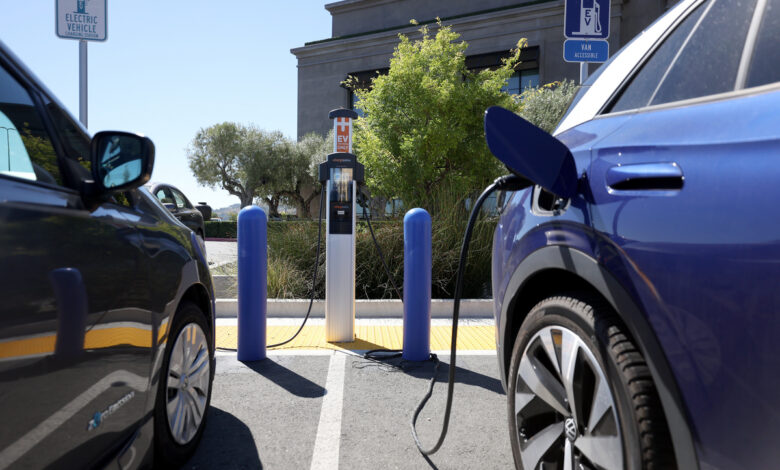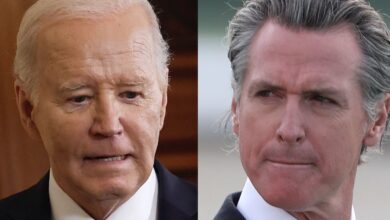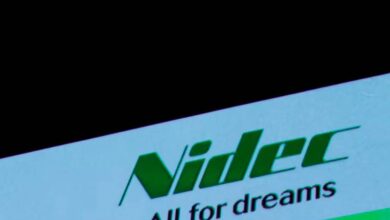Feds give out $1B in instant EV rebates

The Biden administration said Wednesday that it has doled out more than $1 billion to buyers of electric vehicles since launching point-of-sale rebates in January.
More than 150,000 people received the tax credit created in the 2022 climate law, according to the Treasury Department. Treasury Secretary Janet Yellen heralded the rebate — worth as much as $7,500 — for “increasing consumer choices and creating new opportunities for companies to expand their customer base.”
But analysts said the numbers are less impressive than they may seem.
Alan Baum, an independent auto analyst in Detroit, pointed out that the federal rebate went to only a fourth of the more than 600,000 EVs that he estimates Americans have bought so far this year. Mike Ramsey, an auto analyst for the consultancy Gartner, echoed that observation.
“I would have expected more people to have taken advantage of the tax credit,” Ramsey wrote in an email.
Most of those who claimed the rebate were buying a new car, according to Treasury. About 25,000 people used the incentive for used EVs, which are eligible for a $4,000 credit. Leased vehicles weren’t included in the instant rebate tally.
Before Jan. 1, EV buyers could only claim the rebate when they filed their taxes. In a bid to stimulate sales, the Biden administration began allowing car dealers to directly provide the rebate to customers and receive reimbursement from the government.
But the rule change didn’t loosen the stringent limits for claiming the tax credit.
Buyers can’t use the rebate on EVs that exceed price limits — $80,000 for a truck or SUV and $55,000 for a sedan or other passenger car. Single, unmarried buyers also can’t claim the credit if they make more than $150,000.
EV models are only eligible if they meet stringent sourcing rules. The 2022 Inflation Reduction Act put those provisos in place in an effort to shift manufacturing of EVs from China to the U.S. and its allies.
“The combination of income limits, timing lag, and most importantly, many of the vehicles not qualifying for the incentive are limiting the impact of the incentive,” Baum said in an email.
Automakers must produce a portion of the battery’s components, and the critical minerals that comprise them, in the U.S. or an allied country. The $7,500 tax credit is slashed in half if one of the two sourcing rules isn’t met. The content limits also become stricter every year.
Those limits are holding back EV sales in the short term, analysts said, though they may increase sales in the long term.
“I expect that the tax credits will become more useful over time,” wrote Ramsey, “as the price of EVs decline and make more vehicles eligible.”
This story also appears in Climatewire.



